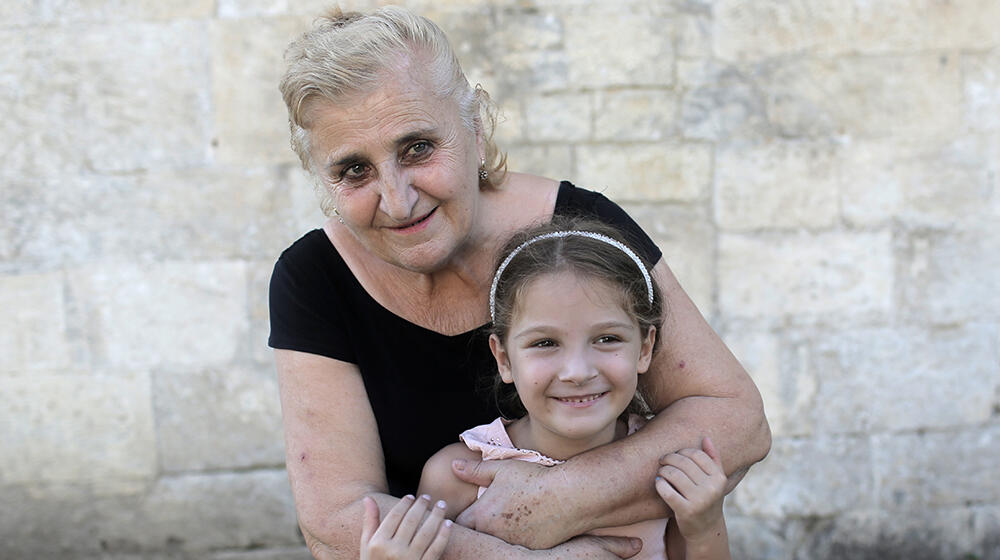SEOUL, 8 November 2022 – As more and more countries struggle with the consequences of low fertility rates and population ageing, governments must strengthen resilience towards demographic change by adjusting social systems and ensuring rights and choices for all people, including those in the margins of society, speakers said today at the opening of the 6th Global Symposium on Low Fertility and Population Ageing organized by UNFPA, the United Nations Population Fund, and KOSTAT, the national statistical office of the Republic of Korea.
Although the world population is expected to grow for several more decades after reaching 8 billion next week, an increasing number of countries are experiencing a decline in population numbers. And as fertility rates are falling, societies around the world are becoming older.
“The trends towards low fertility and population ageing in many parts of the world present considerable progress in areas such as women’s empowerment, reproductive choices, health care and longevity. If countries see population shifts not as a threat, but as an opportunity, and respond with comprehensive policies based on evidence and human rights, they can thrive in a world of rapid demographic change”, said Diene Keita, UNFPA Deputy Executive Director for Programme.
"Countries, including the Republic of Korea, face the urgent issue of low fertility and ageing. This symposium holds a great meaning. Experts from academia, civil society, and government join together from various countries to discuss solutions," said Dr Hoon Han, Commissioner of KOSTAT. The symposium brings together over 120 parliamentarians, ministers and other decision-makers and experts from governments, civil society, academia and international organizations. It reviews new demographic realities, explores reasons for low fertility, and facilitates the sharing of policy experiences on healthy ageing and enabling people to have the number of children they desire.
The pace of population growth has been slowing since the 1960s and worldwide. Already 60 per cent of people live in countries with fertility rates at or below replacement level (2.1 children per woman on average), with around 40 countries projected to experience population decrease by 2050.
In Asia and the Pacific, which is home to more than half of the world's population, demographic trends also differ vastly across countries, increasing the need for strengthened demographic resilience. In East Asia, for example, fertility is 1.7 children per woman, whereas in South Asia, it remains higher at 2.5 children per woman. Ages between countries and regions also differ more than ever before; in Europe, for example, the median age is 41.7 years, while in sub-Saharan Africa it is 17.6.
UNFPA supports countries worldwide in strengthening demographic resilience by developing comprehensive policies to address demographic change that are based on sound evidence and human rights.
It works with governments, civil society and the private sector on a range of programmes, including expanding gender-responsive family policies, fostering a more equal distribution of care responsibilities between men and women, strengthening opportunities for young people, fostering healthy ageing and building societies for all ages.
“When countries shift away from negative, reactive, and fragmented responses, and towards anticipatory, comprehensive, and integrated approaches, they are in a good position to manage the demographic shifts successfully and build more inclusive and ultimately stronger societies,” Ms. Keita added. The Global Symposium on Ageing and Low Fertility is the second major international conference in under a year aimed at fostering dialogue and galvanizing action to promote demographic resilience, following the December 2021 Ministerial Conference on “Shaping Europe’s Demographic Future” in Sofia, Bulgaria.
This year’s Global Symposium gathers representatives from all continents for a truly global conversation aimed at establishing demographic resilience as a key enabler for women’s reproductive rights and fulfilling the promise of the ICPD Programme of Action and the Sustainable Development Goals. As the United Nations’ lead agency on population issues, UNFPA has over 50 years of experience in assisting countries with managing demographic change and tapping into the expertise of a wide network of the world’s leading experts in the field, as well as sister UN agencies, international financial institutions, academia, civil society and the private sector.





